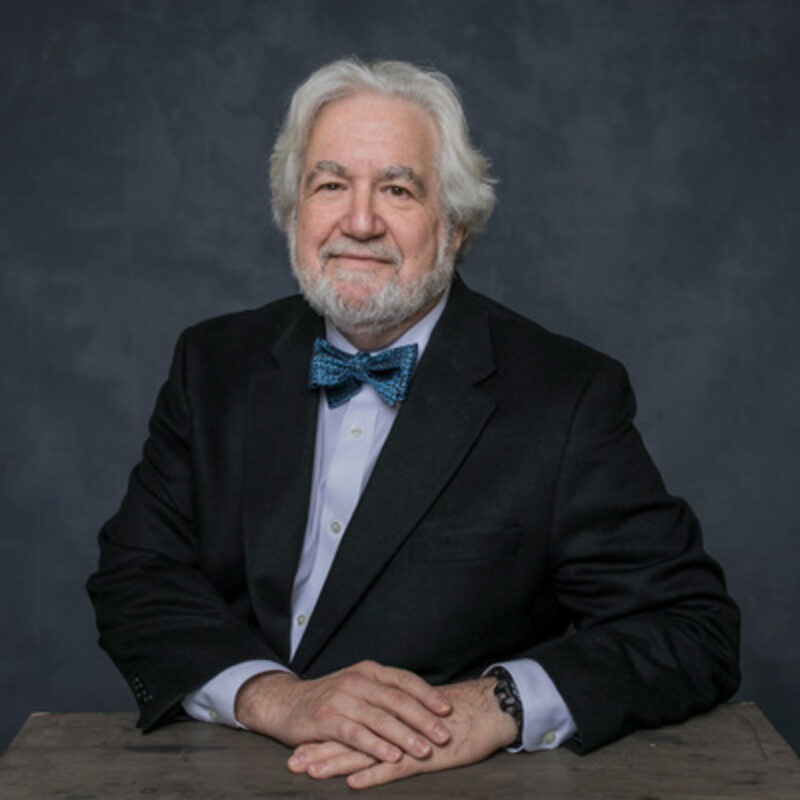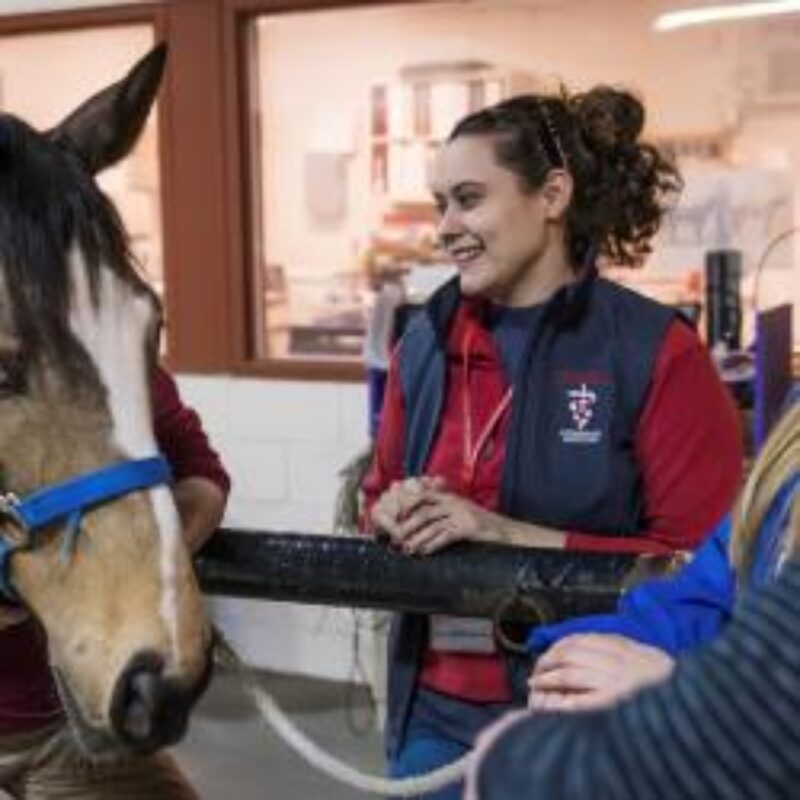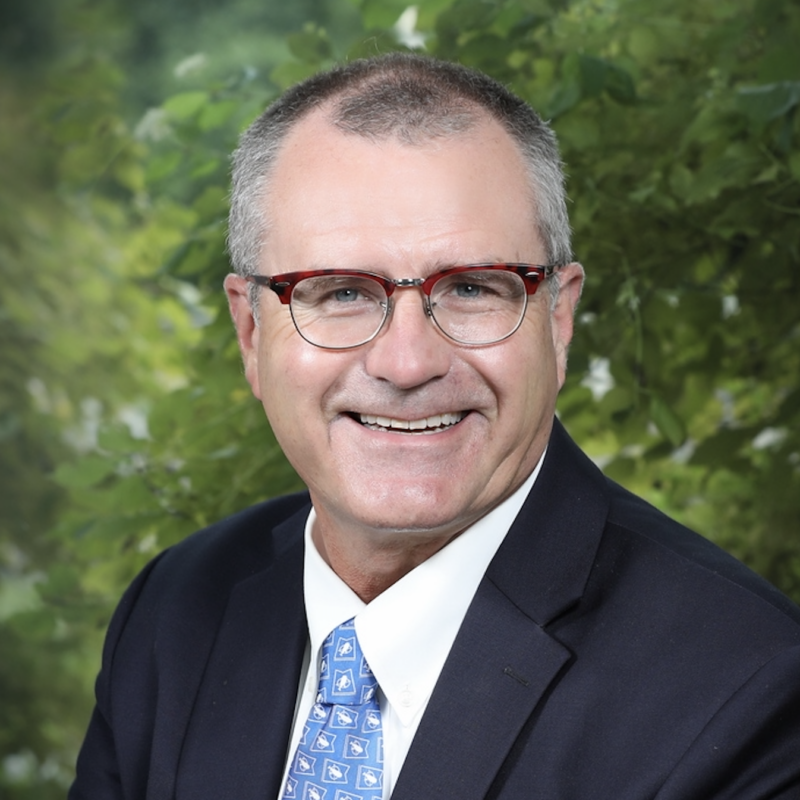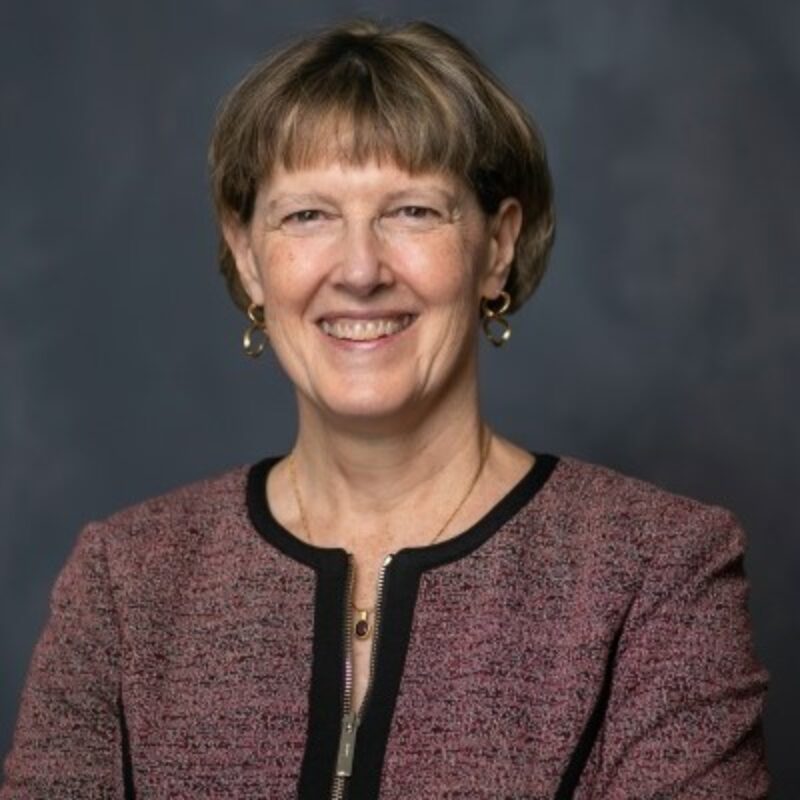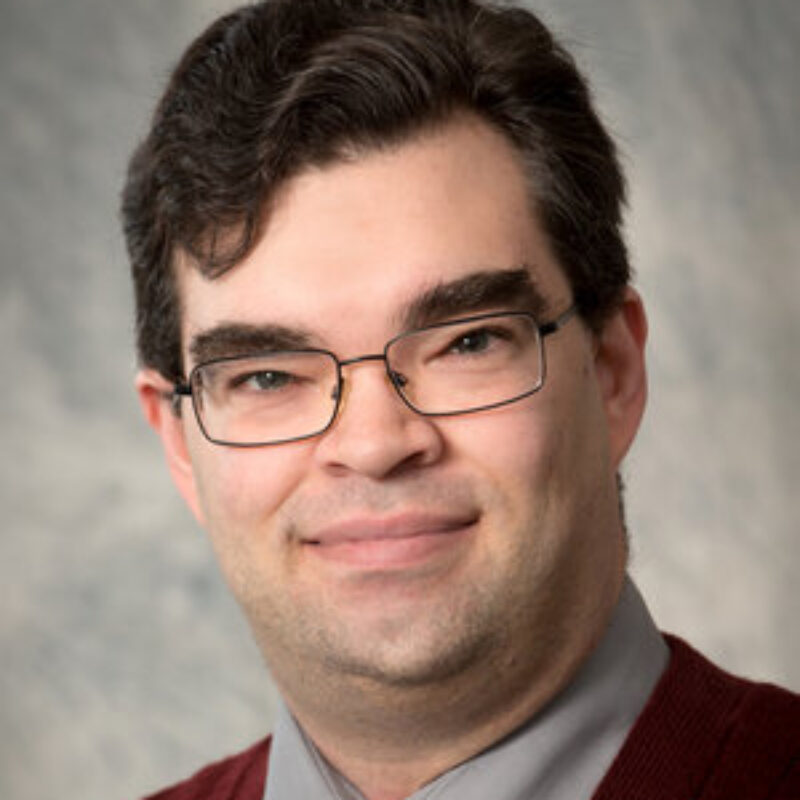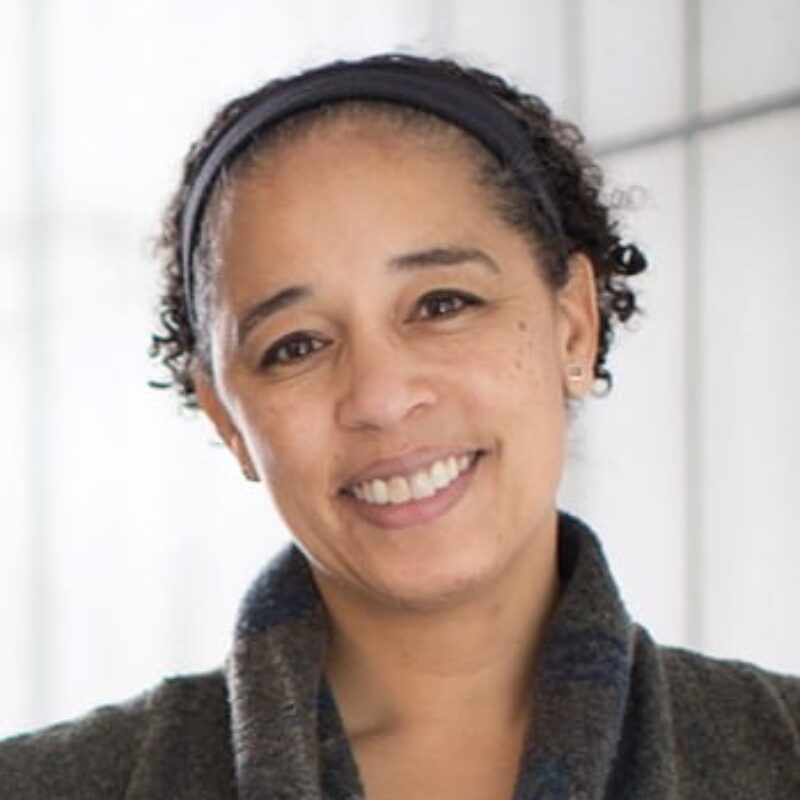There are two possibilities.
Have Separate Committee
Create a standing committee of the Senate called the “Committee on the Professional Status of the RTE Faculty.” It would consist of ten RTE members reasonably distributed across the colleges and across the three RTE faculties. Two of the seats would be reserved for RTE faculty who do not have voting rights. The Dean and Associate Dean of Faculty would be ex officio members.
This Committee would be charged to consider aspects of RTE titles that relate to free speech, hiring, promotion, professional development, and retention. It would continually monitor how the different colleges are using RTE faculty and how the University and RTE faculties interact. It would develop criteria procedures for awarding emeritus/a status for those who retire from certain RTE titles.
The idea would be to have an RTE version of the Academic Freedom and the Professional Status of the Faculty Committee. Here is some prose from that Senate Committee’s charge:
Examine and make recommendations concerning issues and considerations in the following areas:
Academic Freedom and Responsibility.
Freedom of Teaching and Learning, including but not limited to the special concerns of the faculty that teaching and learning at Cornell University be carried on freely and without disruption, interference, or intimidation.
The Professional Status of the Faculty, including but not limited to policies and procedures relating to faculty appointments, promotion, retirement, separation, tenure and other related matters.
Modify the AFPSF To Include RTE Oversight
This Committee would be charged to consider faculty issues that relate to free speech, hiring, promotion, professional development, retention, use of titles, retirement, reappointment, and tenure.
There are several advantages to having a single committee. It is consistent with the idea that the University and RTE faculties have interlocking futures and that major problems should be addressed jointly by both types of faculty. It also would make the University Faculty more aware of the concerns of the RTE faculty and vice versa. Two committees would create communication/liaison inefficiencies and promote thinking in isolation.
Regarding membership, here are the current rules for AFPSF committee:
Nine members of the faculty appointed with the concurrence of the Faculty Senate by the Nominations and Elections Committee for three‐year terms.
Two student members (of which at least one shall be an undergraduate) with voting privileges, selected annually by the Staffing Committee of the Student Assembly. Reselection of a student for a second year shall be permitted. Student members of the Committee shall not participate in the review process set forth in Subdivision B, C, D and E of the Committee’s Charge.
To ensure a proper mix of University and RTE faculty this could be modified to something like this:
Nine members of the University Faculty and up to six members of the voting RTE faculty with the concurrence of the Faculty Senate by the Nominations and Elections Committee for three‐year terms.

